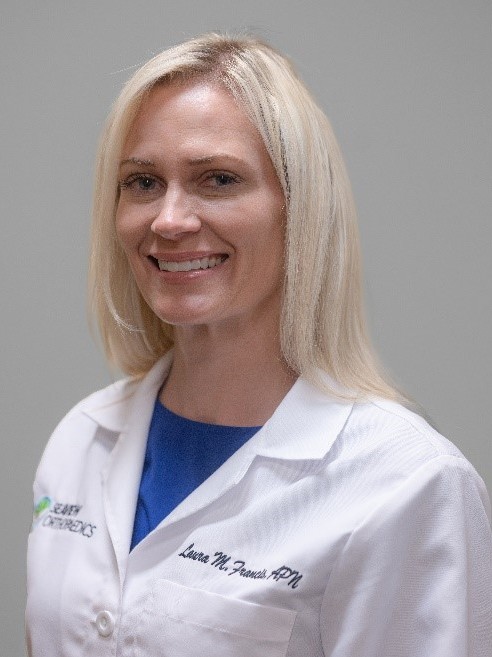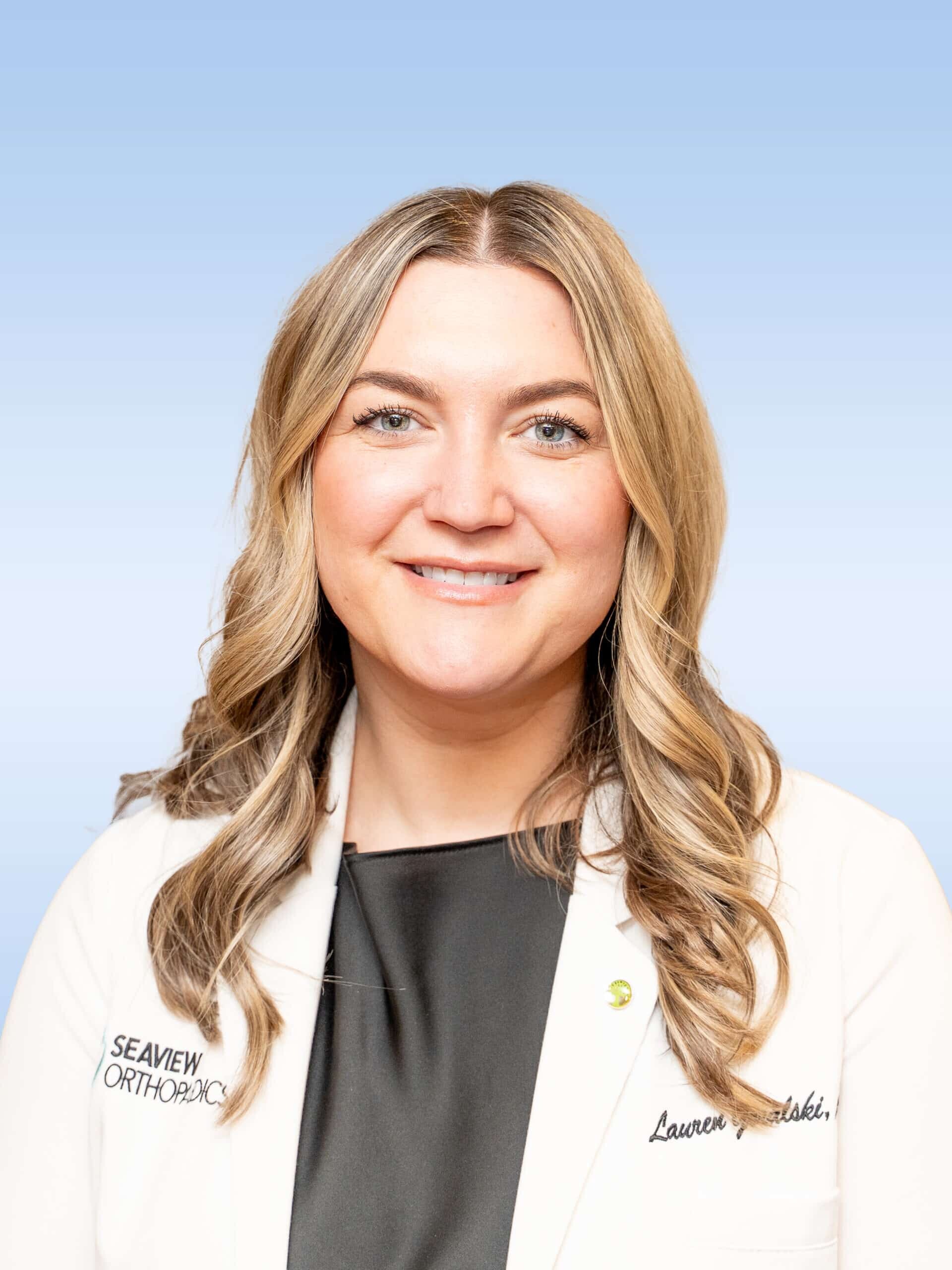MEET OUR NURSE PRACTITIONERS
What is a Nurse Practitioner?
A nurse practitioner or advanced practice nurse (APN) is a licensed medical professional. NPs evaluate patients, diagnose, write prescriptions, and bring a comprehensive perspective to health care. What sets NPs apart from other health care providers is their unique emphasis on the health and well-being of the whole person. NPs focus on health promotion, disease prevention, health education, and counseling. NPs guide patients to make smarter health and lifestyle choices.
What kind of education does a nurse practitioner have?
A nurse practitioner needs 6+ years of academic and clinical preparation before they can become licensed. Prior to beginning a nurse practitioner program, all NPs must be licensed as a registered nurse (RN). All nurse practitioners must graduate with a minimum of a Master’s degree in nursing (MSN), some may obtain a Doctorate in Nursing (DNP). Requirements also include advanced clinical training beyond their initial professional registered nurse preparation.
What kind of qualifications do nurse practitioners have?
To be recognized as expert health care providers and ensure the highest quality of care, NPs undergo rigorous state and national certification, periodic peer review, clinical outcome evaluations, and adhere to a code for ethical practices. Self-directed continued learning and professional development is also essential to maintaining clinical competency. NPs may also have certifications in certain specialties, such as orthopedics, where they have additional education and must pass a board exam to become certified.
What kind of license does a nurse practitioner have?
NPs are licensed in all states and the District of Columbia, and practice under the rules and regulations of the state in which they are licensed. In New Jersey, NPs can practice autonomously but may require a collaborating physician to perform certain tasks.
What kind of services can a nurse practitioner provide?
- Ordering and interpreting diagnostic tests such as lab work and x-rays.
- Treating acute injuries and chronic conditions such as back pain and pre-operative and post-operative care infections.
- Prescribing medications and other treatment modalities.
- Managing patients’ overall care.
- Counseling and educating patients on disease prevention and positive health/lifestyle choices.
References



